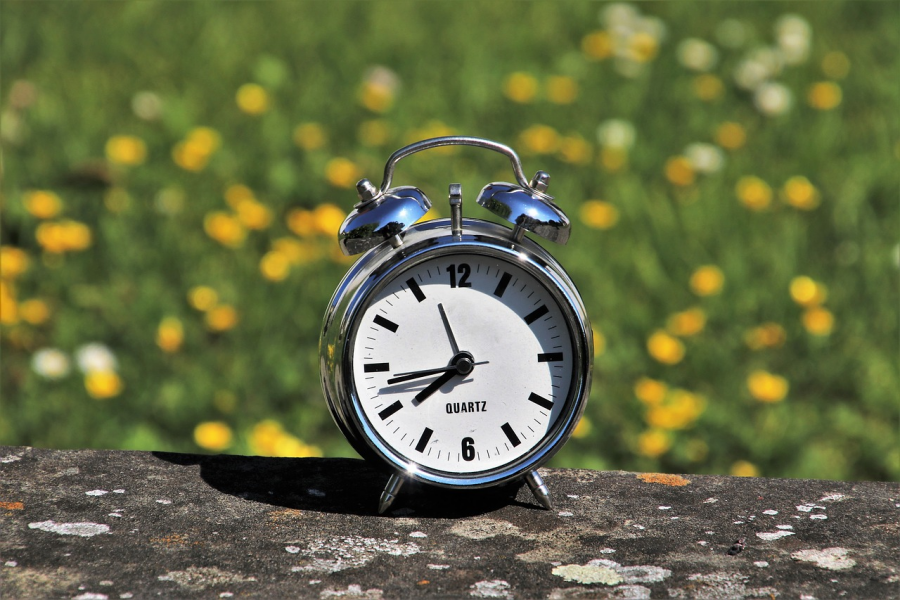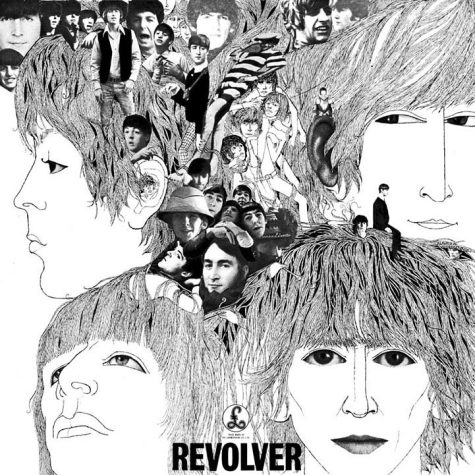Should We Continue to Spring Forward and Fall Backward?
November 8, 2020
How did the recent daylight savings time on Nov. 1 affect you? If you are like me, you were most likely thrilled to get an extra hour of sleep. The U.S. government originally established daylight saving time during World War I as a means to save energy by having longer days with more sunlight. The U.S. should continue with daylight savings time because of the health benefits that go with increased daylight and decreased crime rates.
There are considerable benefits to having a system that gives humans more daylight during the spring and summer. The combination of having longer days and more sun during the summer months contributes to getting more vitamin D, which has positive health impacts. A study on medexpress.com claims that vitamin D can boost the immune system and protect against illnesses like the flu and respiratory infections. Being protected against the flu and respiratory infections are benefits that go along with increased daylight.
Additionally, taking in more sunlight leads to an increase in serotonin levels. Serotonin is a chemical in the brain that is directly linked to mood. The more time you spend outside in the sun, the higher serotonin levels you will achieve, leading to a boost in mood. This bright mood would be hard to attain on short summer days if daylight savings didn’t happen.
Those who argue against daylight saving time claim that the time changes are harmful to sleep schedules and circadian rhythms. To avoid sleep deprivation in early March, you can prepare yourself days or weeks before the adjustment by following the recommendations set by sleepfoundation.org. One of the recommendations is to establish a consistent sleep routine by going to bed and waking up at the same time each day – including the weekends; this will prepare you for the time change. To help my body acclimate to the time shift, I adjust my bedtime and wake-up time to 15 minutes earlier so, when the big day arrives, I won’t wake up tired.
Furthermore, the extra hour of daylight during the early evening of warmer months directly reduces crime. Let’s pretend you are a bank robber. To be successful with your heist, you need to be able to leave the crime scene without being identified. The best time of day to do that would be nighttime, but with long days and short nights, your window of opportunity is limited. According to the Brookings Institute, “people feel safer when they leave for work and walk to their cars, buses, trains, and/or homes during the period between 5 and 8 p.m. when there is still light.” Potential criminals know that there is a greater likelihood they will be seen, recognized and caught without the cover of darkness, so they are less likely to commit an infraction. Thus, daylight savings reduces criminal activity.
One of the main reasons why daylight saving time started was to save energy, but there is more to gain than lose with daylight savings such as the health benefits and decreased crime rates. When springtime arrives, be sure to give your body ample time for the time change and get outside for some Vitamin D on those long, hot summer days. Although, the crime rates are determined to be lower during the long evenings, be sure to take precautions regardless.











Louise May Thompson • Dec 9, 2020 at 1:30 pm
You have written a persuasive article. Well Done.